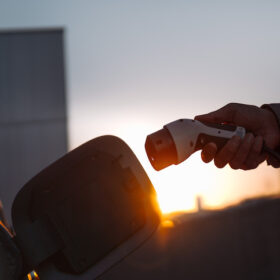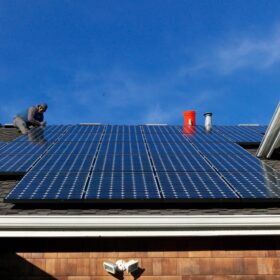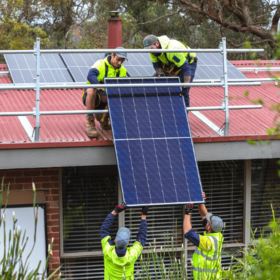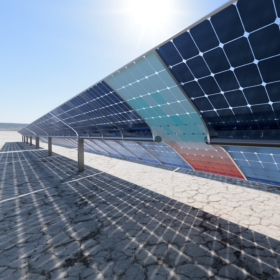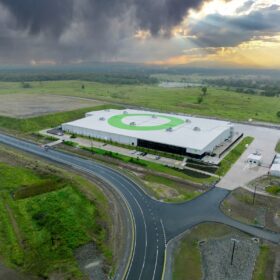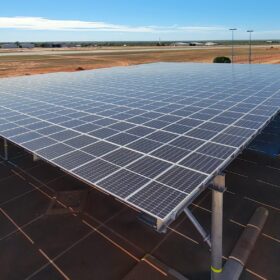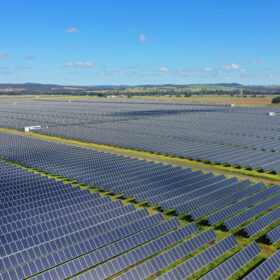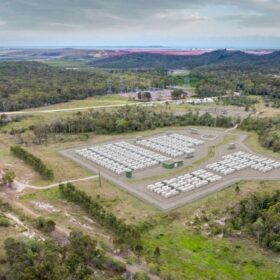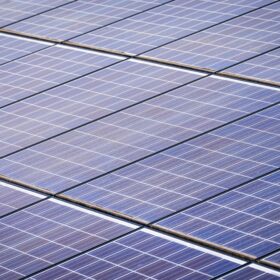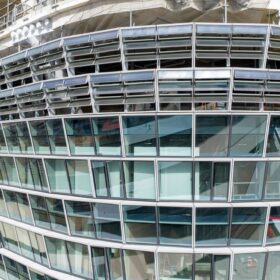Fortescue pauses green hydrogen goal, Australia must forge on
Australian mining and energy giant Fortescue announced last week that its ambitious green energy goal – to produce 15 million tonnes of renewable hydrogen annually by 2030 – will be placed on hold.
Energy ministers reject nuclear, agree consumers will control their energy needs
Australia’s energy ministers have agreed to the development of the national consumer energy resources roadmap to give consumers control over their energy needs, while unanimously rejecting nuclear as too expensive and too slow to meet emissions targets.
New data exchange shines spotlight on future of consumer energy resources
An industry data exchange co-design is putting consumer energy resources at the beating heart of Australia’s energy marketplace, prompted by a 2050 projection of 86 GW of rootfop solar and 27 GW of flexible demand in the national electricity market.
Rooftop solar retrofit on low-income housing is key to reap $17 billion benefit
An accelerated rollout of rooftop solar and electrification for low-income housing could boost Australia’s economy by $17 billion but is dependent on policy change, according to a new Deloitte Access Economics report.
PV Lighthouse lands new funding to develop PV modelling platform
Australian software developer PV Lighthouse has secured almost $2 million in federal to drive the continued development of its SunSolve Yield advanced simulation engine that is designed to improve yield forecasting for utility-scale solar projects.
PM says clean energy ambitions on track despite Fortescue green hydrogen pivot
Prime Minister Anthony Albanese insists Australia is “on track” to become a global renewable hydrogen superpower despite mining billionaire and green hydrogen advocate Andrew Forrest signalling a major slowdown of Fortescue’s ambitions.
Broome International Airport to install 400 kW of solar on carpark structures
Broome International Airport has engaged energy solutions company GenOffGrid to install a 400 kW solar covered carpark at its main terminal, to compliment two more systems in the pipeline with a total capacity of 660 kW.
Power purchase agreement bootcamps roll out in New South Wales
A NSW government program is being rolled out for business and local councils that buy over 1 GWh of electricity per year to explain how to procure clean energy from the state’s renewable energy zones using power purchase agreements.
Akaysha progresses plans for 1.6 GWh battery in Queensland
Plans to build another grid-scale four-hour capacity battery energy storage system near the central Queensland town of Gladstone have been submitted to the local council as developer Akaysha Energy continues build up an impressive portfolio of battery storage projects.
Enel Green Power buys 1 GW Tallawang hybrid solar and battery project
Renewable energy company Enel Green Power Australia has bought the proposed 1 GW Tallawang solar and battery energy storage project being developed in western New South Wales from British-based global energy company Renewable Energy Systems.

